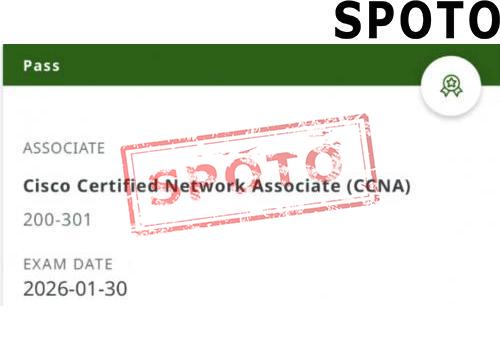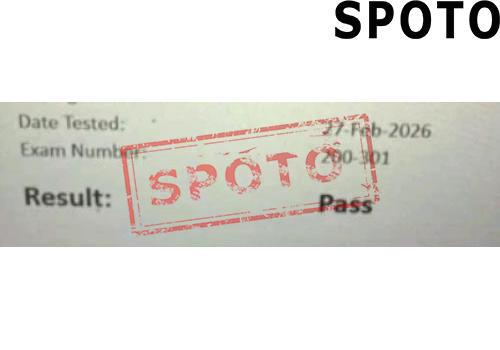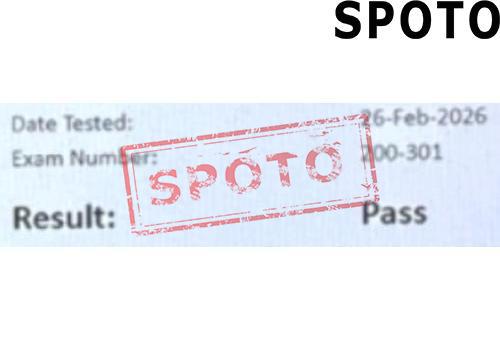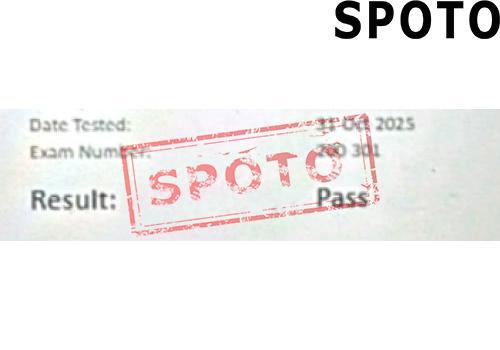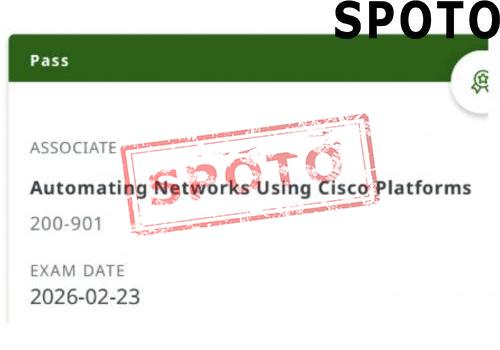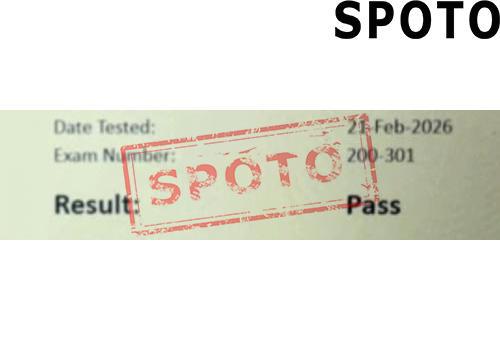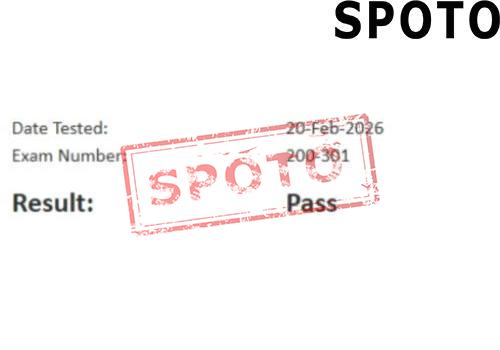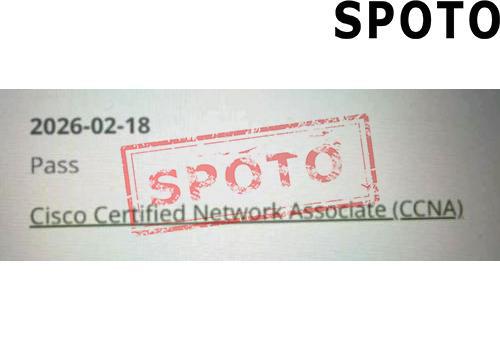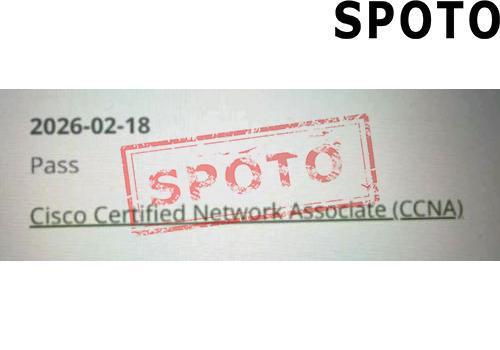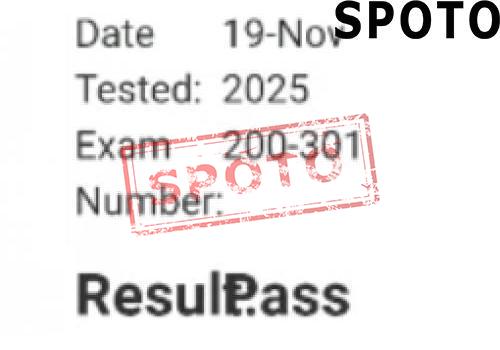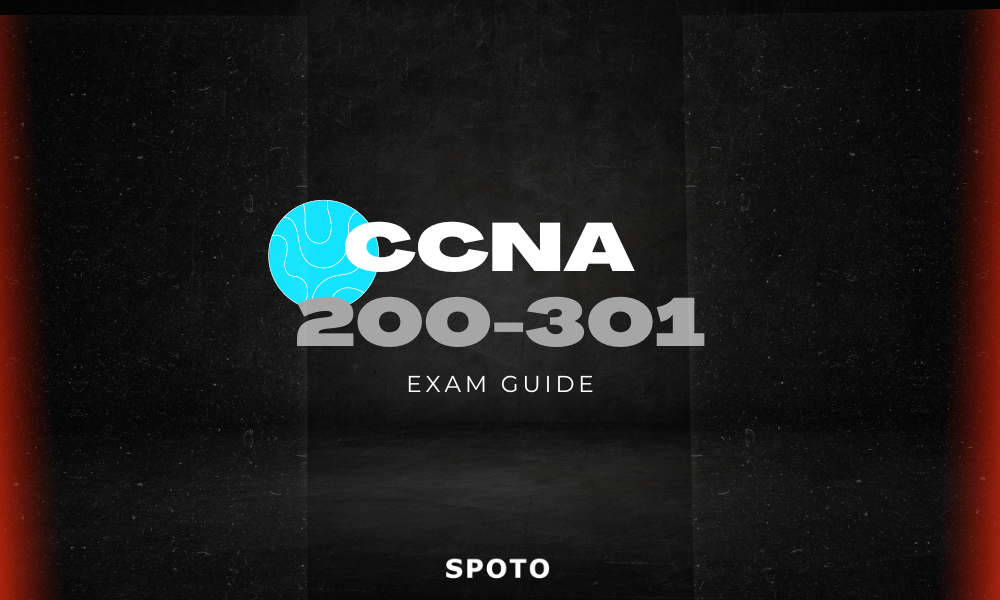
Table of Contents
In today's highly connected world, network technology has become central to business and personal communication. As a key milestone for networking professionals, the Cisco Certified Network Associate (CCNA) certification not only validates an individual's knowledge and skills in the networking field, but is also widely recognized worldwide as a stepping stone into the IT industry and network engineering.
What Is CCNA Certification?
The CCNA (Cisco Certified Network Associate) certification is offered by Cisco Systems, the global leader in networking solutions. This certification is designed to validate an individual's ability to design, build, maintain, and troubleshoot small to medium-sized business networks.
By earning the CCNA certification, individuals showcase their expertise and commitment to the networking industry. This certification is widely recognized worldwide, and it serves as a valuable stepping stone for those aspiring to further their careers in the dynamic and constantly evolving field of information technology.
The purpose of the CCNA certification is to ensure that network professionals have the necessary knowledge and skills to effectively manage and maintain the complex network infrastructures that are critical to modern business operations. As organizations continue to rely heavily on network technologies, the demand for CCNA-certified professionals remains high, making this certification a valuable asset for those seeking to differentiate themselves in the job market.
CCNA 200-301 Exam Overview
Exam Duration: 120 minutes
Exam Language: English, Japanese
Exam Price: $300 with Cisco Learning Credits
Exam Content:
1. Network Fundamentals
- Roles and functions of network components
- Network topology
- Physical interfaces and cable types
- TCP vs. UDP
2. Network Access
- VLAN configuration
- Switch interconnection
- Port security
3. IP Connectivity
- IPv4 and IPv6 address configuration
- Subnetting
- Wireless principles
4. IP Services
- NAT, NTP, DHCP, DNS, SNMP, syslog
5. Security Fundamentals
- Security concepts
- Security program elements
- Device access control
- Password policies
- VPNs
- Access control lists
- Layer 2 security features
6. Automation and Programmability
- Impact of automation on network management
- Traditional vs. controller-based networks
- Software-defined architectures
- RESTful APIs
- Configuration management mechanisms
CCNA 200-301 Exam Demo
To help candidates better understand the structure of the CCNA 200-301 exam, here's an overview of the types of questions:
QUESTION 1
How does authentication differ from authorization?
A. Authentication is used to verify a person's identity, and authorization is used to create syslog messages for logins.
B. Authentication verifies the identity of a person accessing a network, and authorization determines what resource a user can access.
C. Authentication is used to record what resource a user accesses, and authorization is used to determine what resources a user can access.
D. Authentication is used to determine what resources a user is allowed to access, and authorization is used to track what equipment is allowed access to the
network.
Correct Answer: B
QUESTION 2
How do servers connect to the network in a virtual environment?
A. wireless to an access point that is physically connected to the network
B. a virtual switch that links to an access point that is physically connected to the network
C. a software switch on a hypervisor that is physically connected to the network
D. a cable connected to a physical switch on the network
Correct Answer: C
QUESTION 3
Which type of IPv6 address is publicly routable in the same way as IPv4 public addresses?
A.unique local
B.B. multicast
C.C. link-local
D.D. global unicast
E.Correct Answer: D
QUESTION 4
Which network action occurs within the data plane?
A. reply to an incoming ICMP echo request
B. make a configuration change from an incoming NETCONF RPC
C. run routing protocols (OSPF, EIGRP, RIP, BGP)
D. compare the destination IP address to the IP routing table
Correct Answer: D
Get FREE CCNA 200-301 Exam Demo!
Cisco CCNA 200-301 Exam Prep Guide
Professional Preparation Strategies for Passing the CCNA 200-301 Exam
1. Understand the Exam Requirements
- The CCNA 200-301 exam is 120 minutes long, covers both English and Japanese, and costs $300.
- The exam covers a wide range of topics, including networking fundamentals, IP connectivity, wireless LANs, infrastructure services, and security.
2. Create a Comprehensive Study Plan
- Develop a clear study plan and allocate dedicated study time daily to avoid last-minute cramming.
- Ensure your study plan covers all the exam topics and set specific goals for each topic.
3. Leverage Official Learning Resources
- Utilize Cisco's official certification guides, online courses, and practice exams to prepare for the exam.
- Wendell Odom's CCNA 200-301 Official Cert Guide is a highly recommended resource.
4. Engage in Online Courses
- Enroll in online courses, such as the CCNA 200-301 course on Udemy, to benefit from video tutorials and hands-on exercises.
- These courses are often taught by experienced instructors who can provide valuable study tips and industry insights.
5. Gain Hands-on Experience
- Consolidate your theoretical knowledge through practical exercises using network simulators like GNS3 or Cisco Packet Tracer.
- Hands-on experience will help you better understand network configuration and troubleshooting.
6. Join a Study Group
- Participate in a CCNA study group or online forum to exchange ideas and learn from the experiences of other candidates.
- This can provide motivation and additional learning opportunities.
7. Take Regular Mock Exams
- Practice exams, such as those offered on platforms like Udemy, can help you familiarize yourself with the exam format and assess your learning progress.
8. Review and Summarize Regularly
- Review the key points of each topic regularly to deepen your understanding and ensure long-term retention of the material.
- Summarize the critical concepts to reinforce your learning.
By following these professional preparation strategies, you can increase your chances of successfully passing the CCNA 200-301 exam and showcase your expertise in the networking field.
